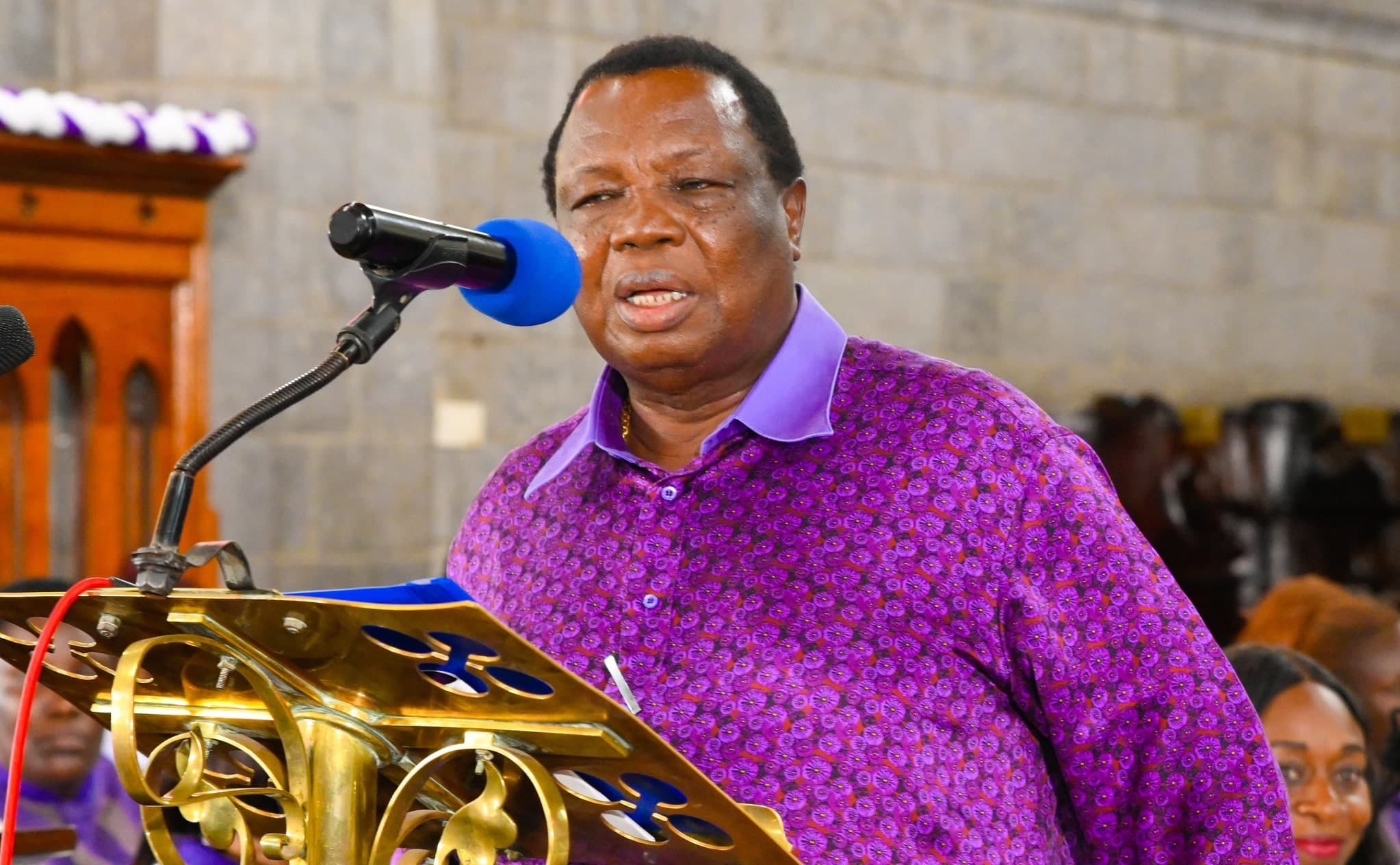We're loading the full news article for you. This includes the article content, images, author information, and related articles.
COTU Secretary-General's call highlights the persistent dangers facing undocumented Kenyan workers abroad, increasing pressure on the government to protect citizens who contribute over KSh 1 trillion in annual remittances.

NAIROBI, KENYA – Francis Atwoli, the Secretary-General of the Central Organization of Trade Unions (COTU), issued a stern advisory on Thursday, November 13, 2025, urging all Kenyans working abroad to immediately register with their nearest Kenyan diplomatic missions. The call comes amid what Atwoli described as a rising number of distress calls to the union, highlighting the severe risks—from labour exploitation to legal jeopardy—faced by undocumented citizens.
"As Kenya increasingly positions itself as a labour exporting nation, it is a matter of importance that our workers abroad are properly documented," Atwoli stated, emphasizing that official registration is crucial for the government to provide "timely protection, assistance, and accountability" during emergencies or disputes. His statement places a renewed spotlight on the precarious situation of many in Kenya's diaspora, a community estimated to number between three to four million people.
This diaspora is a critical pillar of the Kenyan economy. On Thursday, Prime Cabinet Secretary Musalia Mudavadi announced that diaspora remittances had reached a historic KSh 1 trillion in 2025, a figure that surpasses earnings from traditional exports like tea and horticulture. This economic contribution underscores the high stakes involved in ensuring the welfare of Kenyans abroad.
Atwoli's warning is substantiated by extensive reports of abuse, particularly among domestic workers in Gulf Cooperation Council (GCC) countries. A May 2025 report by Amnesty International detailed harrowing accounts of Kenyan women in Saudi Arabia facing conditions amounting to forced labour, including 16-hour workdays, confiscated passports, and physical and sexual assault. A 2022 study by the University of Chicago and NORC found that an overwhelming 98% of Kenyan migrant workers returning from the Gulf reported experiencing at least one form of workplace abuse.
These risks are compounded for those who are not registered with an embassy, leaving them virtually invisible to the state and vulnerable to exploitation by unscrupulous employers and recruitment agents. Between 2020 and 2021, the Ministry of Foreign Affairs reported that at least 89 Kenyans died in Saudi Arabia, most of whom were domestic workers.
In his statement, Atwoli also cautioned against what he termed "exporting activism," arguing that the actions of a few individuals engaging in unsanctioned activities in host countries could jeopardize the welfare and reputation of the broader Kenyan workforce.
The COTU chief's call to action aligns with recent government efforts to formalize its engagement with the diaspora. In 2022, President William Ruto's administration established the State Department for Diaspora Affairs to champion the rights and welfare of Kenyans overseas. This was followed by the launch of the Kenya Diaspora Policy 2024, which aims to protect, engage, and empower this community.
Coinciding with Atwoli's statement, the government on Thursday, November 13, 2025, launched a 24/7 Diaspora Affairs Call Centre in Nairobi. The centre is designed to provide a real-time lifeline for Kenyans facing emergencies such as arrests, medical crises, or human trafficking, bridging time zone gaps that have previously hampered response efforts.
These initiatives signal a structured government response to a long-standing problem. The passport itself contains a notice on page 32 requiring citizens to register at the nearest Kenyan Mission abroad, a rule Atwoli noted is often ignored by those with "ulterior motives." The new policies and infrastructure aim to make this process more accessible and effective, moving beyond mere instruction to active support.
The convergence of Atwoli's advocacy and new government measures underscores a national consensus on the urgency of diaspora protection. For the millions of Kenyans seeking opportunities abroad, formal registration is the first line of defense, transforming them from an invisible, vulnerable workforce into a recognized constituency deserving of state protection.
While the government strengthens its institutional framework with initiatives like the 24-hour call centre and the Diaspora Policy 2024, the responsibility also falls on individual citizens to comply with registration protocols. Experts argue that effective protection requires a three-pronged approach: robust government policy and bilateral labour agreements, diligent consular services, and the proactive participation of the diaspora community itself. As Kenya continues to leverage its human capital globally, ensuring the safety and dignity of its citizens abroad is not just a constitutional mandate but an economic imperative.
Keep the conversation in one place—threads here stay linked to the story and in the forums.
Sign in to start a discussion
Start a conversation about this story and keep it linked here.
Other hot threads
E-sports and Gaming Community in Kenya
Active 9 months ago
The Role of Technology in Modern Agriculture (AgriTech)
Active 9 months ago
Popular Recreational Activities Across Counties
Active 9 months ago
Investing in Youth Sports Development Programs
Active 9 months ago
Key figures and persons of interest featured in this article